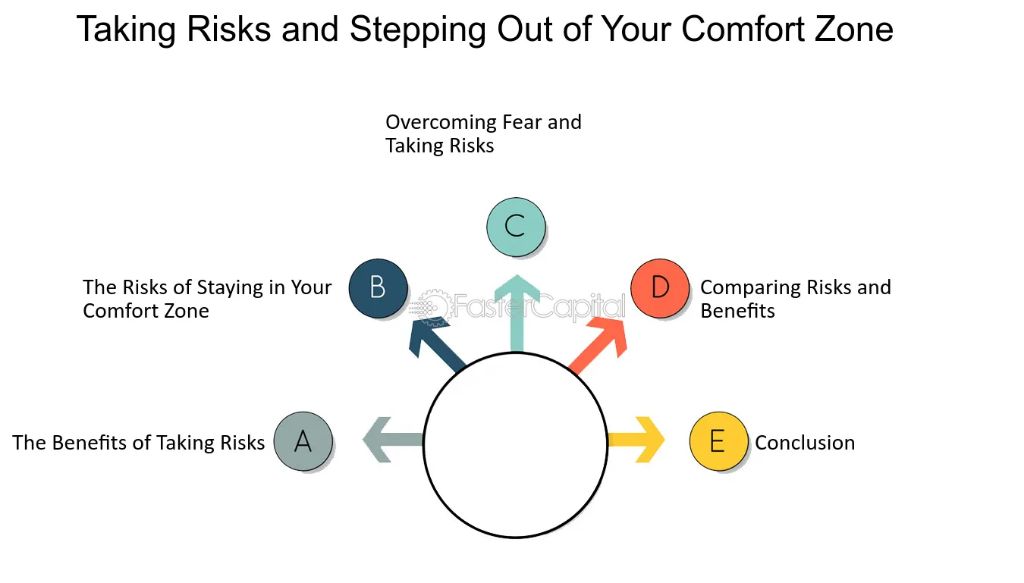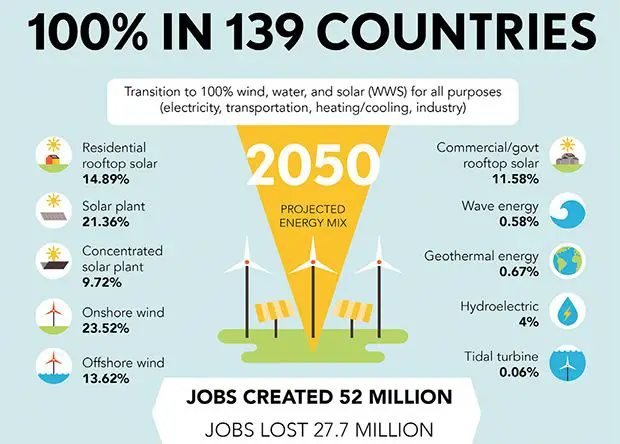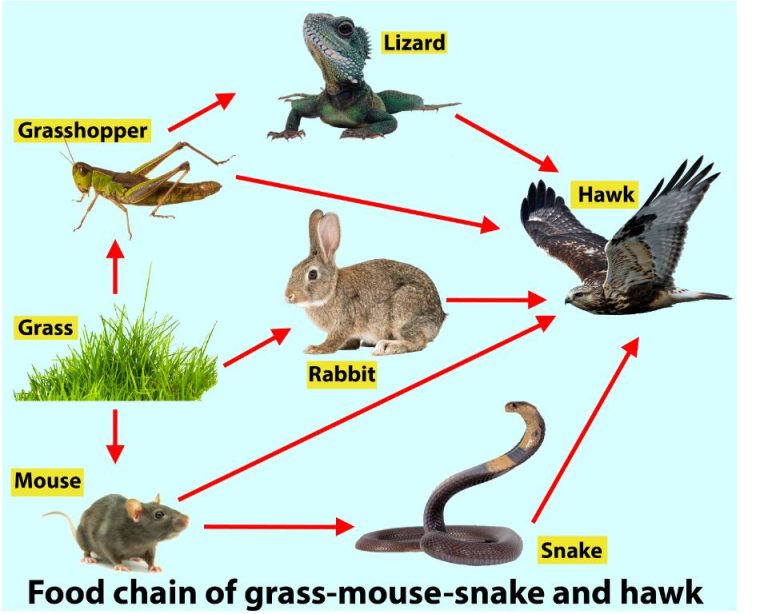What Does Potential To Do Something Mean?
Potential generally refers to someone or something’s innate ability or capacity to develop, grow, or become something in the future. It describes untapped talents, unrealized abilities, and the possibility of achieving more than what currently exists. While potential itself is not a tangible thing, it represents the dormant seed of promise and possibility within each person, organization, or endeavor. Recognizing potential involves seeing opportunities and capabilities that are not yet fully formed or realized. It means looking beyond the present to imagine what could be. Those said to have “potential” possess the qualities, competencies, and determination needed to ultimately succeed, even if measurable outcomes have yet to materialize.
Meaning of Potential
The word “potential” refers to possibility, capability, and latent qualities or abilities that may be developed and lead to future success or usefulness. At its core, potential represents untapped power, talent, or capacity to do or become something.
Potential describes the prospect of growth and achievement in the future, rather than just current ability. When we say someone has potential, we are recognizing their inherent promise, talent, and possibility to maximize their skills and accomplish meaningful goals, even if those qualities haven’t fully materialized yet.
Potential is often discussed in contexts like education, business, sports, and personal growth. Teachers want to nurture potential in their students. Employers want to hire people with growth potential. Coaches want to develop the potential of young athletes. And individuals want to achieve their full human potential.
While potential itself exists in the realm of the possible, it requires action to actually be realized. Having potential means someone has the raw materials to succeed, but they must actively develop their abilities through dedication and hard work in order to fulfill that promise.
Potential vs Ability
Potential refers to capabilities or talents that could possibly be developed, whereas ability refers to developed skills and capacities that already exist. In other words:
- Potential is dormant or unrealized aptitude.
- Ability is demonstrated and utilized skill.
For example, a young athlete may show great potential for success in a sport based on their natural physique, coordination, and attitude. However, until that potential is realized through training, experience, and practice, the athlete does not yet have fully formed abilities. On the other hand, a professional athlete has converted their potential into well-developed abilities to excel in their sport at the highest level.
It’s important to note that not all potential necessarily converts into ability. Factors like resources, opportunity, effort, and persistence also play a role in developing one’s latent aptitudes. Additionally, abilities can fade over time if not continually reinforced through practice and application. Overall, potential represents possibilities for growth and mastery, while abilities reflect current demonstrated capacities.
Assessing Potential
Assessing a person’s potential is about evaluating their capacity to develop skills and abilities in the future. Since potential reflects possibilities rather than current competence, determining potential requires looking beyond what someone can do right now to what they could possibly achieve.
There are several ways potential is evaluated:
- Aptitude tests – Standardized tests that measure reasoning abilities, such as pattern recognition and logic.
- Personality assessments – Evaluating work ethic, motivation, curiosity and other attributes that indicate learning capability.
- Skills analysis – Examining existing skills to extrapolate capacity to gain new skills.
- Performance reviews – Assessing past achievement as an indicator of future achievement.
- Interviews – Discussions focused on ambition, interests and willingness to learn.
- Observing pace of learning – Monitoring how quickly someone picks up new information or skills.
Potential is best identified through a combination of these methods over an extended period. Since potential is about possibility rather than predictability, even thorough assessments provide only indications of potential rather than guarantees. The human capacity to learn and grow means potential is never fixed, but rather a reflection of opportunities provided and effort exerted.
Developing Potential
There are several ways to develop your potential and maximize your capabilities:

-
Set clear goals – Identify specific skills or outcomes you want to achieve and create an action plan to get there.
-
Seek challenges – Push yourself outside your comfort zone with new experiences that stretch your abilities.
-
Find mentors – Connect with experienced individuals who can provide advice, feedback and encouragement.
-
Practice regularly – Consistent effort and repetition strengthens skills over time through neuroplasticity.
-
Broaden your knowledge – Read, take courses and expose yourself to new ideas to expand your perspective.
-
Reflect on progress – Think critically about your strengths, weaknesses and growth to guide improvement.
-
Rest and recover – Give your mind and body adequate rest to replenish mental resources and avoid burnout.
-
Cultivate optimism – Believe in your abilities to grow and maintain motivation during setbacks.
The key is to consistently engage in deliberate activities just beyond your current level of competence. With the right strategies, effort and support, you can maximize your talents over time.
Potential in Education
Teachers play an important role in recognizing and nurturing potential in students. Here are some ways educators can identify and develop potential:
Look beyond grades and test scores. Some students with high innate abilities may not perform well on standardized tests or structured classroom assessments. Pay attention to creativity, problem solving skills, leadership qualities, curiosity and other strengths not always reflected in grades.
Notice interest areas. Students with talent in certain subjects may show more enthusiasm, initiative and ability to learn independently in those domains. Nurture their interest through enrichment programs, clubs, competitions, and recommends advanced coursework.
Observe social-emotional skills. Students with potential often have strong intrapersonal and interpersonal abilities like self-regulation, empathy, communication and collaboration skills. Strength in these areas indicates capacity for leadership and success.
Allow opportunities to showcase skills. Class discussions, group projects, presentations, and extracurricular activities can reveal student potential not visible through test performance. Give students chances to demonstrate abilities.
Customize instruction. Students with high potential may learn rapidly and require less repetition. Adjust teaching strategies to provide these students with challenges, choices and chances to learn independently.
Discuss potential with parents and colleagues. Get insight from others who know the student well. Collaborate to provide customized learning experiences tailored to the student’s interests and abilities.
Overall, get to know each student as an individual. Every child has unique potential. When teachers take a student-centered approach, they can recognize nascent talents and help students fulfill their potential.
Potential in Business
Spotting potential in business is crucial for identifying promising employees to hire and invest in as well as recognizing emerging markets and opportunities. Here are some tips for assessing potential in the business world:
When hiring, look beyond credentials and experience to find candidates with the right mix of skills, mindset, values and ability to grow. Assess their problem-solving abilities, emotional intelligence, drive and ability to learn. Past performance does not always predict future potential.
Provide training and mentorship opportunities to help high-potential employees develop new skills. Stretch assignments, special projects and increased responsibilities can reveal untapped strengths.
Keep an eye on market trends, new technologies and consumer shifts to spot potential new business opportunities, products and customer bases before competitors do. The next big thing may come from an unlikely source.
Research expanding into new geographical markets thoroughly, even if initial demand seems small. Emerging middle classes in developing nations may offer future growth potential.
Closely analyze data on customer demographics, preferences and behaviors to identify potential needs that can be met. Even small niche markets can be profitable.
Tapping into the potential of both people and markets takes vision, strategic thinking and a willingness to take calculated risks. But it can provide a significant competitive advantage.
Potential in Relationships
Seeing potential in partners and friends instead of focusing solely on current abilities can strengthen relationships. When you recognize someone’s latent talents, creativity, and capacity for growth, you empower them to develop into their best self. Believing in someone’s potential also demonstrates your care and commitment to the relationship.
In romantic partnerships, accepting your significant other’s flaws while envisioning their ideal self fosters intimacy. Resisting the temptation to transform them demonstrates unconditional love. Patiently coaxing out their potential allows change to unfold organically. Mutual empathy, compassion, and growth help relationships thrive.
With friends, spotlighting their untapped strengths provides encouragement. People feel valued when others appreciate their latent gifts. You can lovingly nudge friends toward realizing their potential by noticing small wins. Celebrate incremental progress to bolster their confidence. However, allow friends their own journey of self-discovery.
Overall, nurturing relationships requires looking beyond surface traits. Demonstrate love by seeing the wonderful person someone can become, not just who they are now. With care and patience, help draw out the untapped potential in those closest to you.
Unfulfilled Potential
Sadly, many people fail to reach their full potential for a variety of reasons. Despite having the innate capabilities, something holds them back from achieving their maximum possibilities. There are many factors that can lead to unfulfilled potential:
– Lack of opportunity – Without access to education, training, mentors, or other resources needed to nurture their abilities, people can fall short of their potential.
– Family or community pressures – Expectations and influences from family or their environment can prevent people from pursuing their dreams.
– Health problems – Physical or mental health issues that go untreated can severely limit someone’s abilities.
– Personal challenges – Problems with motivation, self-esteem, or destructive habits can be obstacles to success.
– Fear of failure – Many people don’t reach their potential because of fear that they may not succeed.
– Unclear goals – Without a vision for their talents and skills, people may not strive to maximize their capabilities.
– Lost opportunities – Potential can be lost when people make poor choices or face setbacks that derail their progress.
While lost potential is unfortunate, the good news is steps can often be taken to overcome these barriers and get back on track to achieving one’s possibilities. With the right mindset and support system, it’s never too late to work toward your potential.
Achieving Your Potential
We all have untapped potential within us waiting to be unlocked. Here are some tips for reaching your full potential:
Set clear goals. Identify specific, measurable goals across different areas of your life like career, relationships, health, etc. Break down bigger goals into smaller, actionable steps.
Expand your comfort zone. Don’t limit yourself by staying within your comfort zone. Take calculated risks and expose yourself to new challenges that stretch your abilities.
Prioritize self-care. Make sure to get enough sleep, nutrition, exercise and relaxation. Take care of your mental health as well through activities like meditation, journaling or therapy.
Find support. Surround yourself with positive people who believe in you. A mentor or coach can provide guidance tailored to helping you maximize your potential.
Develop skills. Identify your weaknesses and work to improve them. Take classes, read books or seek experiences to expand your knowledge and abilities.
Learn from failure. Don’t let setbacks stop you. Reflect on failures and make adjustments to your approach without losing sight of your overarching goals.
Stay persistent. Success takes sustained effort over time. Maintain motivation and don’t give up easily when working toward realizing your full potential.






